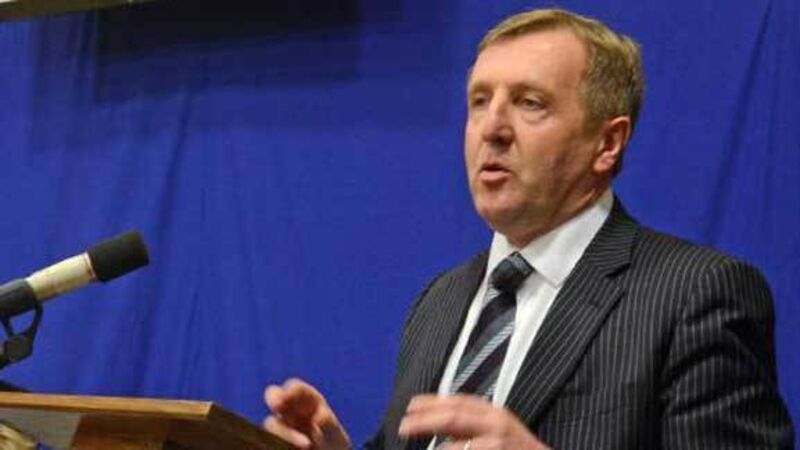Search for funds as no end in sight in farm crisis

Farmers across the EU got back €900 million of the reserve over the past two years, but it is now being targeted by some member states for spending to relieve farmers’ financial difficulties, in an agricultural crisis which continues despite the European Commission mobilising more than €1 billion in farmer support measures this year.
At Tuesday’s Council, Germany was among a number of member states raising the possibility of using the Crisis Reserve.













